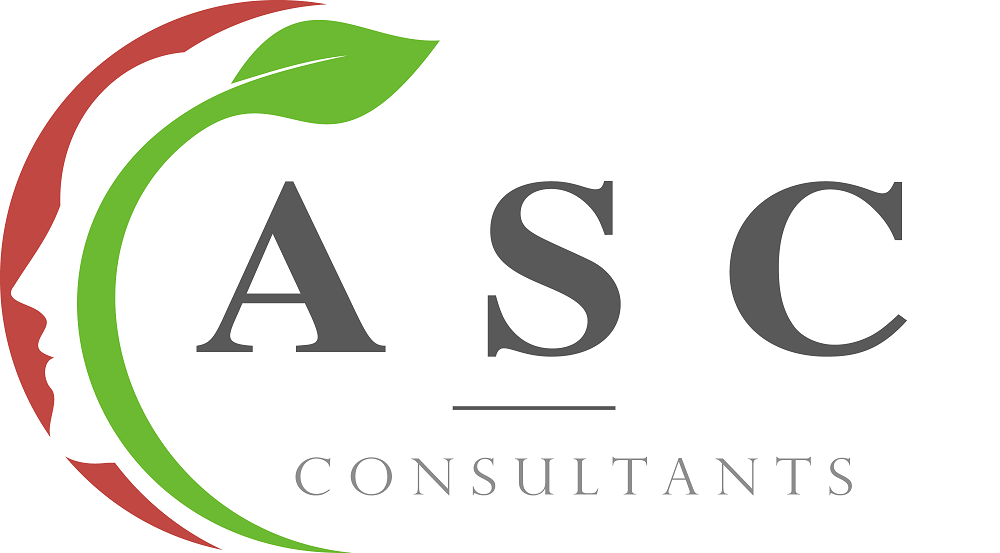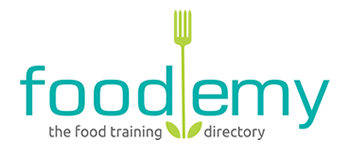
Training provider: ASC Consultants - Food Safety. Our Business.
Training Type: Public
Location: Nationwide
Cost: R Contact for more information
On Demand
Course Duration: 1 day
This basic-level Good Manufacturing Practices for food handlers course teaches the learner the basic GMP requirements for food handling premises.
In the footsteps of basic Food Safety follows Good Manufacturing Practices (GMP) or Prerequisite Programmes (PRPs), and it plays an integral part in any food handling establishment.
To consistently produce high-quality and safe food products, all food handling premises should conform to Good Manufacturing Practices, which focuses on five key elements. These five elements are also called the 5Ps of GMP (people, premises, processes, products and procedures (paperwork).
Our Good Manufacturing Practices for food handlers course teaches the learner the basic GMP requirements for food handling premises. It is mainly based on some of the requirements referred to in Regulations R638, SANS 10049: 2019 and the ISO/TS 22002 series.
PLEASE NOTE: This course is an extension of our basic food safety courses for food handlers and persons in charge of food premises.
THE IMPACT OF GMP ON FOOD SAFETY
What is Food Safety, and Why is It Important?
The Difference Between Food Safety and Food Quality
The Importance of Food Safety
Rights of Consumers
Overview of GMPs for Food Handling Premises
Food Safety Hazards (More details in the Module)
Personal Hygiene (More details in the Module)
Temperature Control (More details in the Module)
Pest Control (More details in the Module)
Waste Control (More details in the Module)
Cleaning and Sanitising (More details in the Module)
Recordkeeping (A brief overview)
Construction and Layout of Premises (A brief overview)
Requirements for Equipment (A brief overview)
Recordkeeping (A brief overview)
Traceability and Recall (A brief overview)
Staff Training
Food Defence (A brief overview)
Food Fraud (A brief overview)
THE DIFFERENT FOOD SAFETY HAZARDS AND THEIR RELATED CORRECTIVE PROCEDURES
Biological Hazards – Identification, Prevention, Control and Corrective Action
Physical Hazards – Identification, Prevention, Control and Corrective Action
Chemical Hazards – Identification, Prevention, Control and Corrective Action
Allergenic Hazards – Identification, Prevention, Control and Corrective Action
CLEANING AND SANITISING
Difference Between Cleaning and Sanitising
Chemical Requirements for Cleaning and Sanitising – Types, Mixing, Containers, Storage
Requirements for Cleaning and Sanitising Equipment – Storage, Types, Cleaning of Cleaning Equipment
Protective Clothing Requirements
Training Requirements for Cleaning and Sanitising
Documentation and Recordkeeping (Examples)
Cleaning Requirements for Different Areas – Food Handling Areas, Staff Facilities, Ablutions, Warehouse, Food Transportation Vehicles, Outsite, etc.
Cleaning Requirements for Different Surfaces
Cleaning of Food Contact Surfaces – Countertops, Equipment, Utensils, Other Facilities.
Cleaning of Non-food Contact Surfaces – Floors, Ceilings, Walls, Drains, Handwashing Stations
BRIEF OVERVIEW OF HACCP
What is HACCP, and Why is it Important? (Benefits)
Brief Overview of the 12 Stages of HACCP – 5 Preliminary Stages of HACCP and the 7 Principles of HACCP
When is HACCP compulsory?
TEMPERATURE CONTROL AND MEASUREMENT OF FOOD PRODUCTS
Why are Temperature Measurement and Control Important?
The Relationship Between Temperature Control and Microbial Growth (FATTOM)
Understanding the Temperature Chart and Danger Zones
Identifying High-risk or temperature-sensitive food products
Temperature Measurement and Control for Different Processes
Temperature Requirements for Different Food Products (Regulations R638 Temperature Chart)
Requirements During Food Preparation
Requirements for Cooking / Heating
Requirements for Cooling
Requirements for Thawing
Requirements During Cold and Hot Storage / Holding / Display
Requirements During Transportation / Distribution / Receiving
Requirements for Temperature Controlled Equipment (Facilities) – Coolers, Freezers, Fridges
Requirements for Temperature Control and Measurement Equipment – Thermometers / Thermostats / Calibration
Recording and Documentation of Temperature Measurement (Examples)
PERSONAL HYGIENE, GROOMING, HEALTH, BEHAVIOUR AND CLOTHING REQUIREMENTS
Requirements for Personal Hygiene
Requirements for Personal Grooming
Requirements for Personal Health
Requirements for Personal Behaviour
Requirements for Protective Clothing
Hygiene Code of Conduct
PEST CONTROL
Why are Pests not Allowed on Food Premises?
Identification of Pests in Food Handling Environments
Who is Responsible for Pest Activity Monitoring and Control
Steps to Prevent Pests in a Food Handling Environment
Basic Pest Control Procedures
Pest Control Recording and Documentation
PEST CONTROL
Why are Pests not Allowed on Food Premises?
Identification of Pests in Food Handling Environments
Who is Responsible for Pest Activity Monitoring and Control
Steps to Prevent Pests in a Food Handling Environment
Basic Pest Control Procedures
Pest Control Recording and Documentation
ASSESSMENTS
None
The following people will benefit significantly by attending this course:
All food handlers not in key positions
Anyone in a key position not forming part of the HACCP Team or who is not going to proceed to the more advanced HACCP / FSMS courses.
Foodemy is brought to you by Food Focus. Food Focus was established in 2016.
Our main objective is to EDUCATE the food industry. Foodemy is THE place to find out about training for the food industry – courses, training providers, on-line training, self-help programmes – all in one place. Whether you are a training provider or a learner – we aim to make training in the food industry simple.
Foodemy is brought to you by Food Focus and is a part of the Food Risk Forum Group.
Food Risk Forum is a niche solutions provider for the food industry, offering access to the industry through digital and print advertising, social media, content marketing, as well as face to face contact with your target audience through bespoke events.
